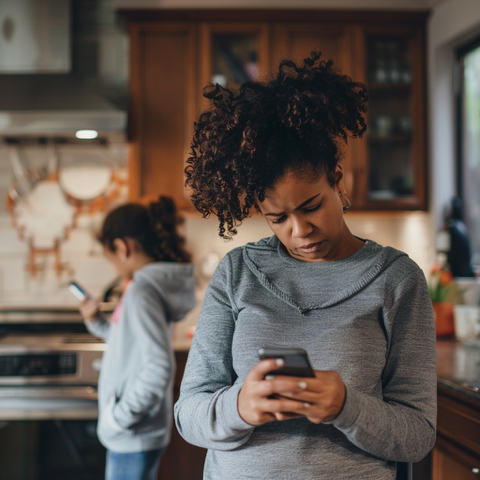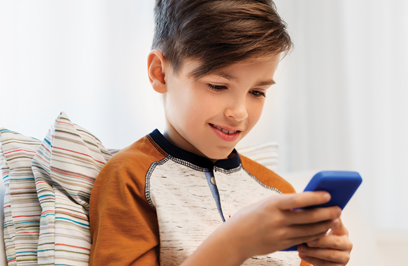 A parent friend of mine who is very educated in tech safety and takes an active role with her kids called me the other day. “Do you know about Spotify,” she asked? I could tell something was wrong with the question, because of course I am aware that Spotify exists. She went on to explain that she took off SnapChat, TikTok, and other apps from her children’s devices but left Spotify because, you know, music. The thing was, she explained, her daughter was spending a LOT of time on the app. She tracked the phone usage, and hours were being spent listening to music, or so she thought.
A parent friend of mine who is very educated in tech safety and takes an active role with her kids called me the other day. “Do you know about Spotify,” she asked? I could tell something was wrong with the question, because of course I am aware that Spotify exists. She went on to explain that she took off SnapChat, TikTok, and other apps from her children’s devices but left Spotify because, you know, music. The thing was, she explained, her daughter was spending a LOT of time on the app. She tracked the phone usage, and hours were being spent listening to music, or so she thought.
A month later after thinking better of it, she asked her daughter to show her what was happening on Spotify, and as it turned out, her daughter wasn’t just listening to the latest and greatest music. She was watching videos… lots of them. She was, in fact, watching Tik Tok videos on the app. “How?!?!?” I asked. It turns out that you can link your Spotify and Tik Tok accounts, and when you load a video to Tik Tok, it will transfer over to Spotify. If you label it as a music video or a podcast, people who can listen to music or podcasts can see the video. This pre-teen was watching hours and hours of the short form Tik Tok content on Spotify.
I immediately jumped onto Spotify and went to the podcast section, and what did I find? Trending podcasts. One of them, “Sex Parties with Ify Nwadiwe and Emily Louise,” was right in front of me. “No,” I thought, but sure enough, when I clicked the play button, a four person conversation popped up where the two hosts were asking the two guests all about sex parties, the application process, what the questions were, what kinds of pictures they had to send in with applications, etc.
There are many things wrong with this, but one of the most disturbing realities that this shows us is that NO APP IS SAFE. The mom let her daughter enjoy some limited tech with the express purpose of listening to music. She took meaningful steps to restrict inappropriate access as best she could, and at the time, her steps were sufficient, but as everyone knows, things change. In a nonstop quest to gain more eyeballs, apps are changing their very structure to incorporate more of the attention grabbing things that people want, and Spotify wants more video watching kids.
We, as parents, no longer have the luxury that past generations of parents had with established, unchanging risk arenas. It used to be that you knew what was risky and what was safe. Mario Brothers on Nintendo? Safe. You got the game. It didn’t change. Nintendo didn’t change. You were safe. Now you have no idea if a music station is going to start offering Sex Party application advice. Everything online can change, and if we are truly intent on keeping our kids safe, we can’t pretend otherwise. What that means to each parent is different, but at the very least we should all agree from the start that tech is not safe, and if it ever is for a split second, that can all change tomorrow.



